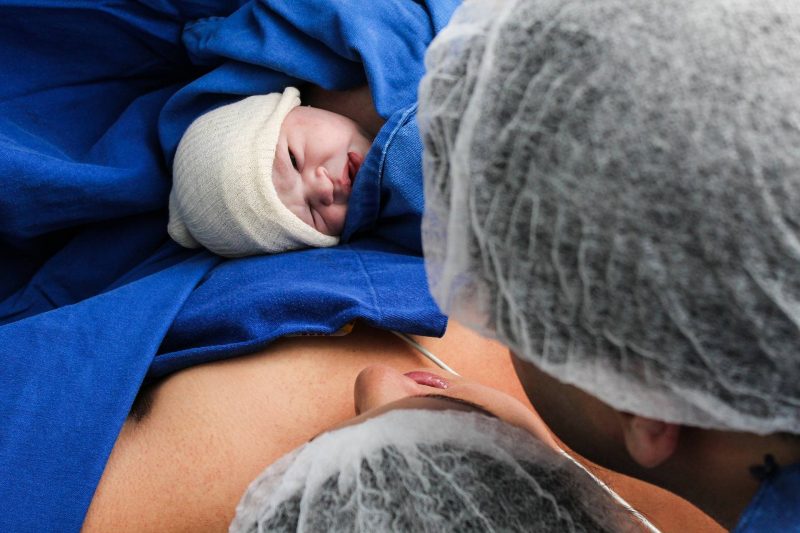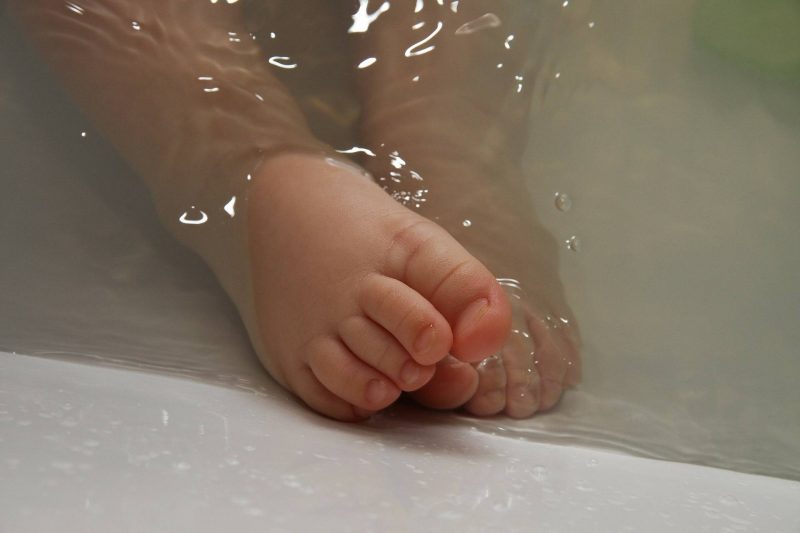Most first-time parents will have a million and one questions when they find out they’re pregnant. There’s no way you can possibly prepare for the chaos that will ensue once the baby arrives but there are some helpful tips you can learn to make the process a lot smoother.
You can read some of the important bits below –

Learn About Your Baby
Your mind will go into overdrive once you discover you’re pregnant. For instance, you may be concerned about the items you need to buy, the foods you need to cut from your lifestyle, and the appointments you need to make. Being pregnant is almost as stressful as having a baby!
Try and book an appointment with your doctor once you find out you’re pregnant. They’re carry out another pregnancy test and answer all your questions. You can also learn more about your baby’s development and pregnancy symptoms when 8 weeks pregnant or more online, such as morning sickness, frequent urination and the first signs of a small bump.
Breastfeeding
New parents will need to decide whether to breastfeed or use a formula – and there is no right or wrong answer. While breast is often best, it is not an option every parent chooses for their child. If you do decide to breastfeed, you might feel as if all you do is feed your baby, but you will soon get into a pattern, and your body’s milk production will settle eventually. Breastfed babies should also be allowed to feed as often as they want, which is known as baby-led feeding.

Washing Your Baby
Babies will not need a bath for the first few days of arriving in the world. You can also keep your new baby clean during this time by carefully washing their face, neck, bottom and hands, which is often referred to as topping and tailing. It’s often best to wash or bathe your baby once they are wide awake and content. You should also ensure the room is warm before you undress them, and have a bowl of warm water, a clean towel, a fresh nappy, cotton wool and fresh clothing to hand.
Changing Nappies
Prevent nappy rash by frequently changing your baby’s nappy, which will also be determined by how sensitive their skin is. For instance, babies with sensitive skin may need their nappy changed as soon as they have wet themselves, which can prevent redness and soreness. Yet, some babies can wait for their nappy to be changed before or after each feed. However, you must change a nappy following a stool to prevent nappy rash.
Night-time Routine
Most new-borns only sleep between two to three hours at a time every night, and they will also sleep frequently throughout the day. That’s because their sleeping pattern is yet to learn the difference between day and night. Babies will also need to feed little and often, so you or your partner will more than likely wake to feed your little one a few times each night. You will be happy to learn the night feeds will reduce as your baby starts to grow, so you will eventually experience a longer night’s sleep.
The most important part of being a new parent is to ensure you enjoy every single second.
Collaborative post
